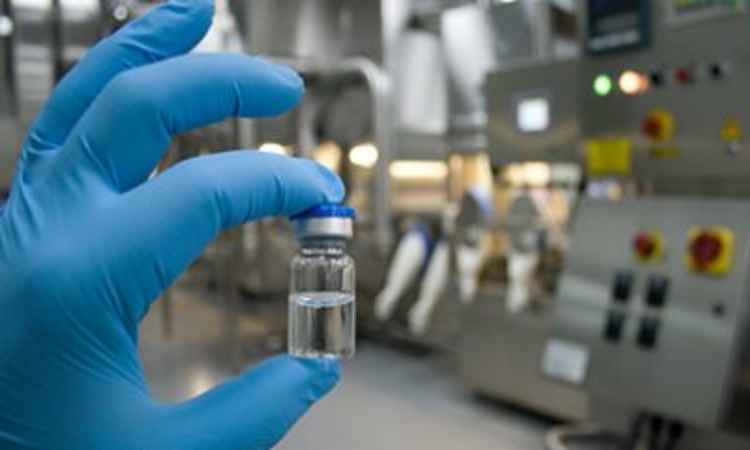Feb. 8, 2021 – With growing concern about the spread of new COVID-19 variants, companies developing vaccine modifications will not have to “start at square one,” according to Food and Drug Administration (FDA) Acting Commissioner Janet Woodcock, M.D..
Because of early indications that the initial vaccines may have lower effectiveness against one or more of the new variants than against the original strain, vaccine manufacturers already are beginning the process of developing modified vaccines. A lengthy clinical trial and FDA review process for each modified vaccine could pose the risk of losing ground in bringing the pandemic under control. In a Feb. 4 statement, Woodcock said that the FDA will “adapt and pivot” to meet the moment, and that it recognizes “we need to arm health care providers with the most appropriate tools to fight this pandemic on the frontlines. We do not want to create obstacles.”
The process for approving influenza vaccines – where a foundational vaccine already shown to have a high degree of safety and efficacy is modified almost every year to target the strains expected to be most prevalent – offers a model for developing modified COVID-19 vaccines, albeit with the need for a more urgent turnaround schedule. A similar process could allow manufacturers to avoid the time and logistical difficulty of doing large-scale clinical trials in patients with one particular strain of the virus. They instead would conduct a bridging study that tracks a few hundred volunteers for a period of weeks.
Woodcock’s statement indicates that addressing COVID-19 variants at the FDA will include “deliberating and discussing the types of data needed to support changes in the composition of the vaccine, either through altering the existing vaccine or through the addition of new vaccine component(s).”
The FDA will give sponsors guidance on how to show immune response to new variants quickly “through streamlined clinical programs that still gather the crucial data the FDA needs to demonstrate effectiveness.” Woodcock stated that “it is critical that the FDA is transparent about its thinking in this space so that all parties know they are receiving consistent advice and other individuals have insight into the agency’s decision-making process.”
The agency already is in communication with the sponsors who now have emergency use authorizations for COVID-19 vaccines – BioNTech/Pfizer and Moderna — and who are evaluating how well their vaccines manage the COVID-19 variants. Moderna reportedly may start human trials on a modified vaccine next month.
Part of the agency’s plan is to issue new guidance for diagnostic, therapeutic and vaccine developers “to help guide ongoing medical product development,” Woodcock states; according to Politico, draft guidance documents could be issued within two to three weeks. “The FDA’s response to the COVID-19 pandemic continues to be an all-hands-on-deck effort to enable the agency to simultaneously address multiple public health needs,” Woodcock said.
For therapeutics, Woodcock explained that the FDA is considering new approaches to help expedite drug development of virus-targeting monoclonal antibodies, “including discussing appropriate regulatory flexibilities” in light of variants. The FDA similarly will use its experience with HIV developing resistance to antiviral drugs to inform how it will manage resistance to antivirals used to treat COVID-19.
On the diagnostics front, Woodcock reported that the FDA has been working with test developers whose performance may be adversely affected by new virus mutations and alerting the public to those mutations when information becomes available. She noted that “we are considering expanding the role of in silico monitoring by sponsors prior to and following authorization to assess for mutations that impact the performance of the test, test designs to minimize the impact of new mutations and ways to label authorized products to be transparent about what we know the test can detect.”
Johnson & Johnson (J&J) has now filed for an EUA for its one-dose vaccine against the original COVID-19 strain. The FDA has scheduled an advisory committee meeting for the J&J vaccine on Feb. 26.




